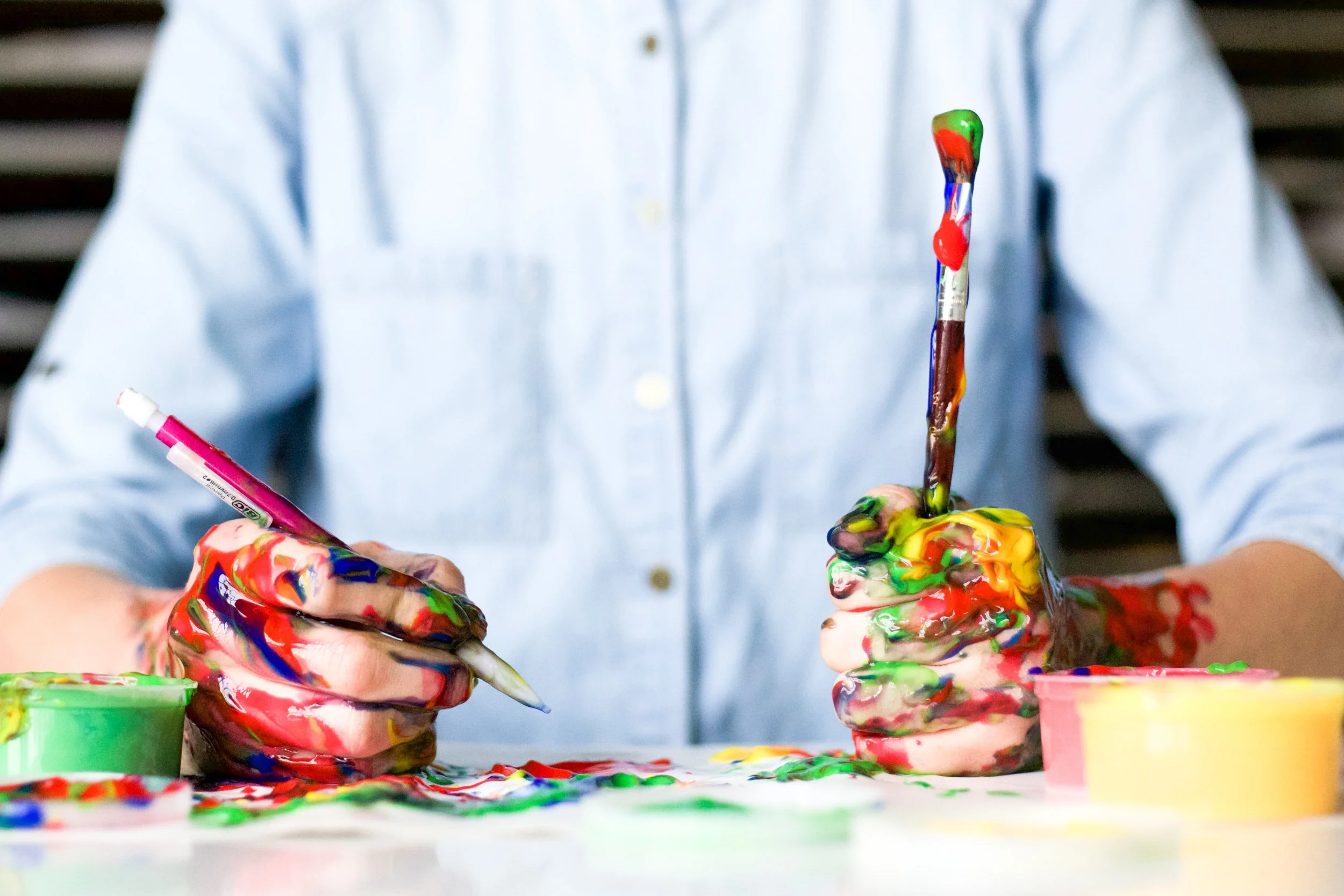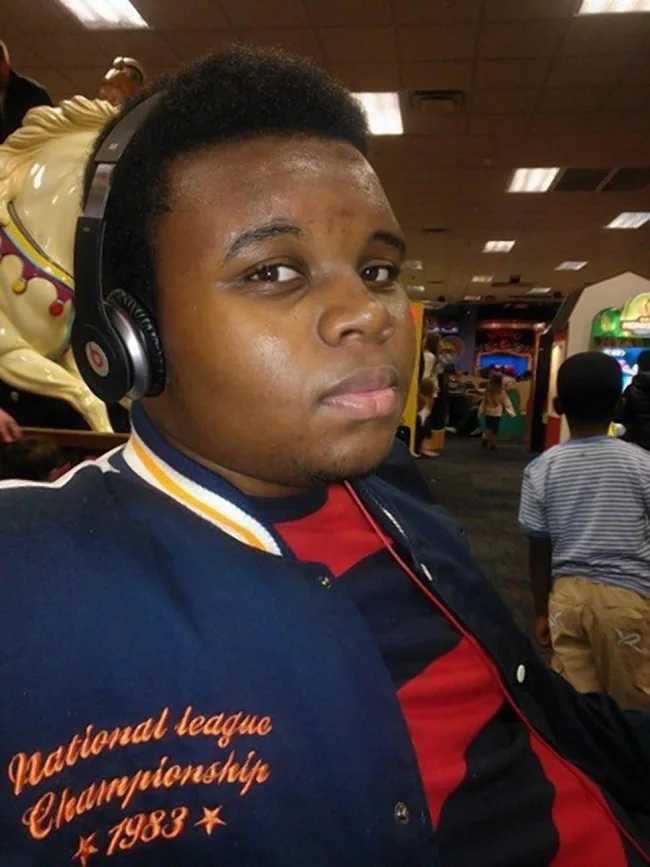When it's time to be Black Black: A Commentary on Colin Kaepernick's Sit Down Protest
Remember when Beyoncé put out Formation and white people realized Queen Bey was black? I mean they obviously knew she was black. Her pretty brown skin and the occasional slang term in her lyrics were dead giveaways. But after she sang, "I like my negro nose with Jackson 5 nostrils" and sat on top of a sinking New Orleans police car, they realized she was black black. The kind of black that doesn't bite their tongue and hide their accent and pretend they don't agree with Black Lives Matter. They realized she wasn't Stacey Dash black, or Raven Symone black. She was black-looking and black-minded and she was here for black people. Remember how pressed they were about that?
Well Colin Kaepernick damn near turned their world upside down when he decided he wasn't going to stand up for the national anthem and put his hand over his chest. Instead, he planted his ass firmly on the bench and looked indifferent while everyone else robotically sang the ode to the Stars and Stripes. He chose this as his method of protesting the countless instances of police brutality against black people in America. Since then, people have burned his jerseys, called him a nigger, accused him of disrespecting the troops, and told him to go back to where he came from. I chuckled as I wrote that sentence, and then the laugh caught in my throat. The outrage would be hilarious if it weren't backed by such venomous racism. If you needed any more proof that blackness is only accepted when it's packaged in ways that don't disrupt the delusions of racist white folks, that should do it.
Throw the ball negro, sing the songs black girl, laugh at our jokes, ignore our micro aggressions, smile for the camera. Be black, but not black black.
Most of us play that game to some degree. We perform our blackness in ways that won't cost us our jobs. When Susan in the office pets out hair, we politely tell her to remove her fingers from our heads. When John jokes about our fondness for watermelon, we manage to keep the forced smile from becoming a grimace. We perform our blackness in ways that pacify police officers. When the cops pull us over, we wait with our hands at 10 and 2 and announce all our moves before we make them. We perform our blackness until we can go home and quit the charade and breathe that sigh of relief that comes with knowing we can be your whole selves, not just the self that looks good on resumes and police records. We are safe black when being black black comes at a cost.
Understandably, many, especially those with a lot to lose, choose to keep the charade up, even when they shouldn't. I'm looking at you Cam (I'm an intimidating black quarterback until it's time to say black lives matter but instead I'll say “we're all the same”) Newton. People want to protect their jobs, their endorsements, their "friendships," and their peace. They want to protect their reputation as the respectable negro, because let's be real, being that person comes with a lot of perks.
When I first re-launched my blog in tandem with my writing and editing business, I was nervous about putting up certain posts. Like the three part series on why I hate the boys in blue, or the open letter I wrote to white people after Ferguson, or the heartfelt piece I wrote while I was mourning Trayvon Martin. I worried that my unabashed blackness would be off-putting to potential clients who might perceive me as "too black." Are you hearing what I'm saying? I was afraid that my sympathy for black people who were being unjustly killed by the police might make certain people too uncomfortable to work with me. I briefly considered choosing the perks over unapologetic blackness for a little while before coming to my senses.
I try not to feel too bad about that because it's what we've been conditioned to do. It's what Cam Newton is doing. It's what every black athlete, artist, and politician wants to do when they've got acceptance and don't want outrage. Not that it’s an excuse, but I get it. That's why I have the utmost respect for what Kaepernick is doing. He knew very well when he chose to sit through the anthem that he was going to get backlash. He would stop being a beloved part of the 49ers and become an “ungrateful, unpatriotic, cop-hating negro.” But he did it anyway.
Because sometimes, no matter the cost, you need to be black black.
You need to be loud about who you are, what you love. You need to be unapologetic in calling out acts of racism and prejudice, no matter how prettily they are disguised. Because being safe black hasn't stopped any bullets yet. It hardly stops the insults, and judgments, and microaggresions. And ultimately, if black black is what you are, no amount of code switching and mask-wearing is going to hide it forever. Eventually, something will make you say, "Screw that" and take a stand. Or if you’re Kaepernick, a seat. His simple decision to stop standing up has become bigger than he probably ever imagined it would. This past week, I've watched people from all walks of life publicly support him. To see the very soldiers he was accused of disrespecting salute him on Twitter with the hashtag #VeteransForKaepernick damn near brought a tear to my eye.
This is what it is to be black black. Black with no apologies. Black with no excuses for injustice. Black with eyes wide open, afro out to all, and our true selves on display. And if you must take your safe black self back to work on Tuesday, please understand we’re not judging you at all. But when you have your moment to take the mask off, to be Beyonce black, Kendrick Lamar black, Jesse Williams black, Colin Kaepernick black, I hope like hell you take it.





